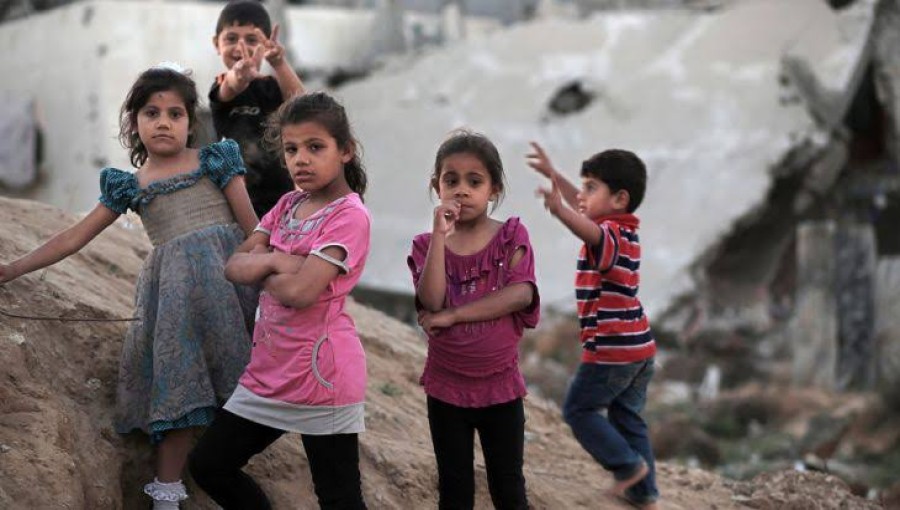In a development sparking global attention, the United Nations (UN) is deliberating whether to include Israel on its 'list of shame' for harming children in conflict zones. This move comes in response to mounting pressure from human rights organizations, particularly following Israeli actions in the Gaza Strip last October.
Despite previous criticism and calls for inclusion, Israel's name has not appeared on the list, even as its forces have been accused of killing numerous Palestinian children. However, recent reports suggest that the UN may bow to escalating demands and add Israeli officials to the list of those harming children during wartime or in conflict areas.
According to Israeli media outlet Wynet, the UN's Special Representative for Children and Armed Conflict, Virginia Gamba, is expected to release a report in June, which could include Israeli officials' names. This list traditionally features terrorist groups such as Al-Qaeda and ISIS.
Facing the prospect of being blacklisted alongside recognized terrorist organizations, Israel has reportedly begun lobbying behind the scenes at the UN to prevent its inclusion. Tel Aviv fears that such a move could further tarnish its international reputation and potentially lead to diplomatic repercussions, including arms and trade agreements being canceled by other nations.
This isn't the first time Israel has faced the possibility of being added to the list. Last year, efforts to include Israel were thwarted after intense lobbying efforts, including meetings between UN officials and Israeli military leaders.
Despite the lack of direct sanctions associated with being on the 'list of shame,' Israel remains concerned about the potential consequences of such a designation, including increased scrutiny and a further deterioration of its global standing.
As the debate unfolds, the international community watches closely to see how the UN ultimately addresses Israel's role in conflicts impacting children, highlighting the complex intersection of human rights, diplomacy, and geopolitics on the world stage.





























Comment: